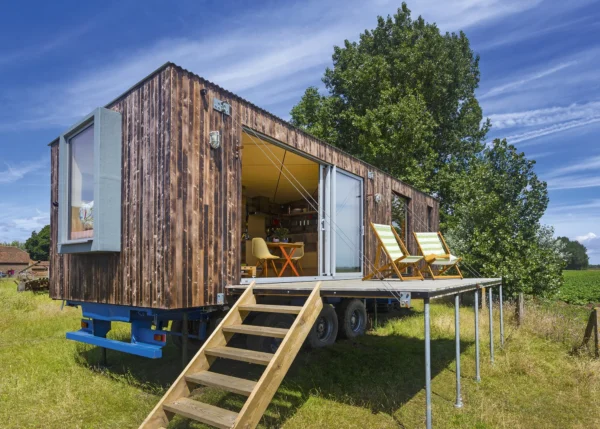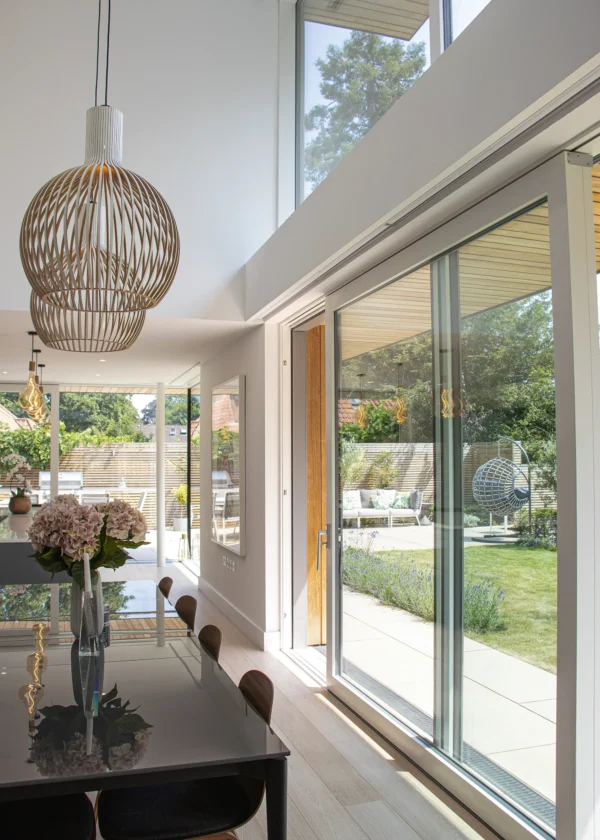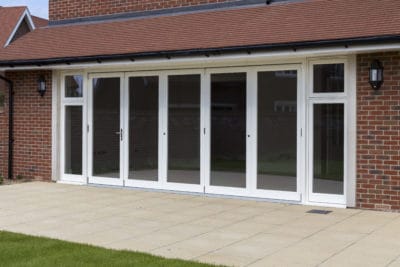Permitted Development Rights Made Permanent & Other News
Larger home extensions set to stay in England
Temporary permitted development (PD) rights enabling homeowners in England to extend
at the rear of their properties by up to 8m for detached houses, and up to 6m for terraces and semis, have been made permanent.
In the latest round of tweaks to the General Permitted Development Order, coming into force on 25th May, the government has quietly removed all references to the original 30th May 2019 deadline – confirming the larger home extension and neighbour consultation scheme is here to stay.
UK’s must-have smart home tech is revealed
The popularity of home technology is rising, with almost a quarter of us owning at least one smart device. Research by National Home Improvement Month found that the most desired functionality was the ability to control heating through an app, with almost a third (30%) of respondents prioritizing this.
In second place was app-controlled lighting, with 25% thinking that it made a valuable addition to their property. Wireless charging, door answering apps and smart security systems also ranked highly.
1 in 5
British families are hoarding various paraphernalia in their houses, according to a study by home interiors specialists Hillarys. The surplus included clothes and shoes, books, old electronics and out-of-date tinned food, with an average worth of £500.
Reasons for holding on included a lack of willingness to have a clear out (44%), that they might be worth a lot of money one day (36%) and that they hold sentimental value (10%).
Tax rate hike on renewables sparks criticism from experts
Despite the declarations of a climate emergency in May, VAT rates for renewable tech including solar panels, battery storage and biomass boilers will rise from 5% to 20% on 1st October.
The news comes following a consultation by HMRC, which saw rates for fossil fuels like gas and coal remain at 5%.
Experts have raised concerns that this move could have the effect of making installation of solar panels and other tech uneconomic. Frank Gordon, head of policy at the Renewable
Energy Association, said that the decision “risks setting back the decarbonisation of homes and businesses in the UK by a number of years” and that the government is “again erecting a barrier to cutting emissions and increasing costs for households who want to help.”




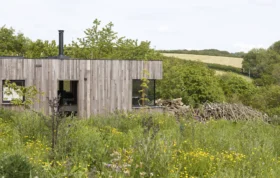









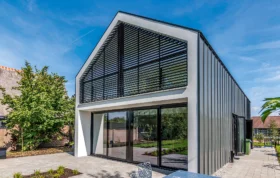


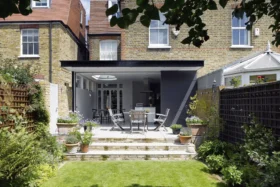
















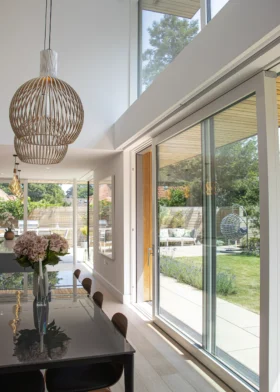


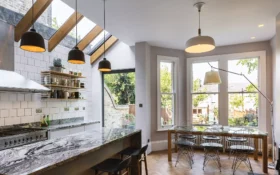








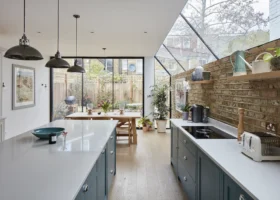







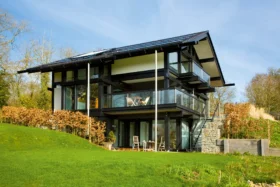






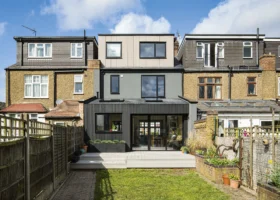

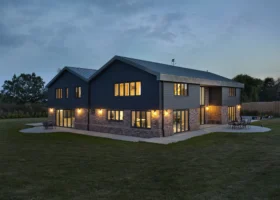


































 Login/register to save Article for later
Login/register to save Article for later



